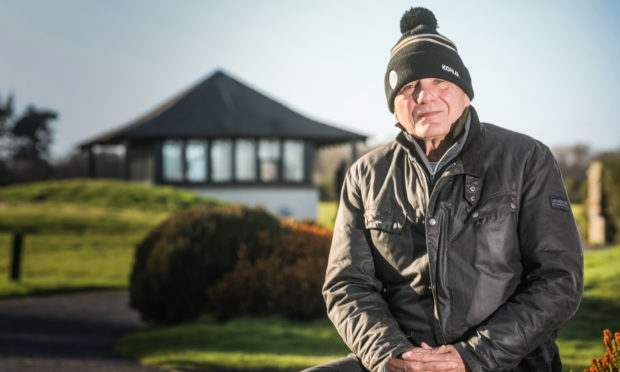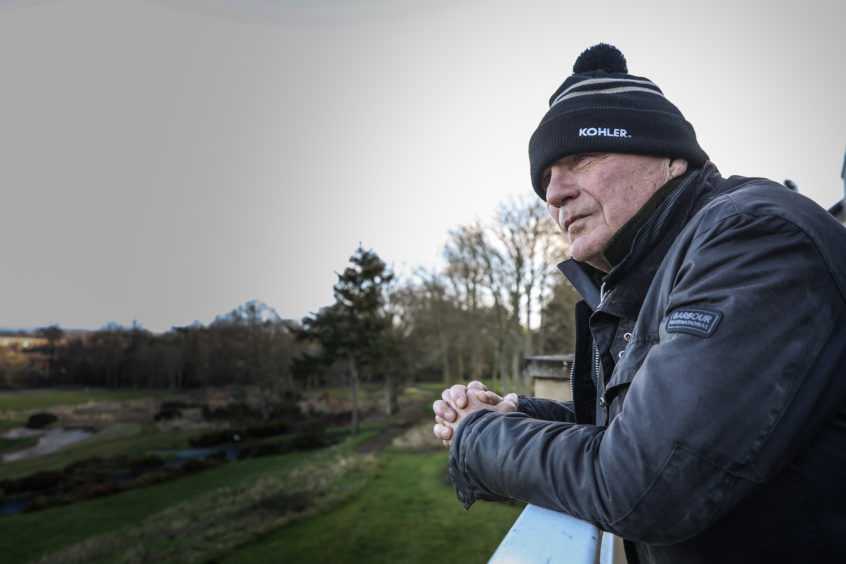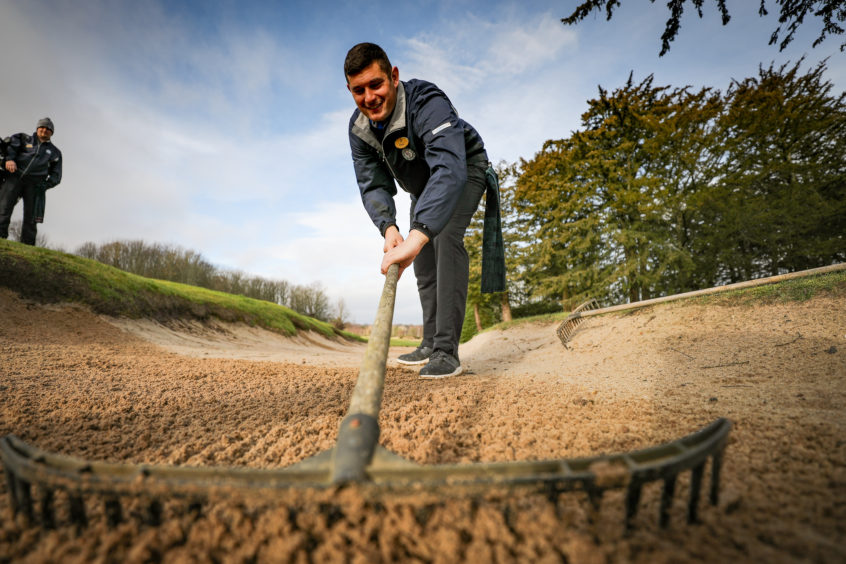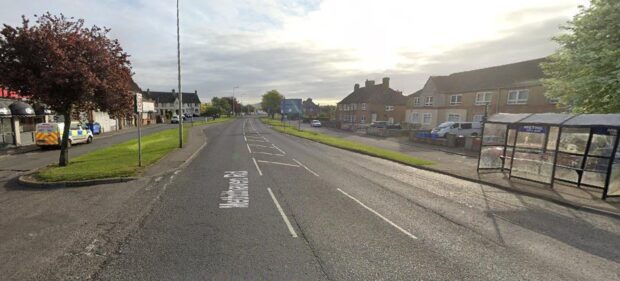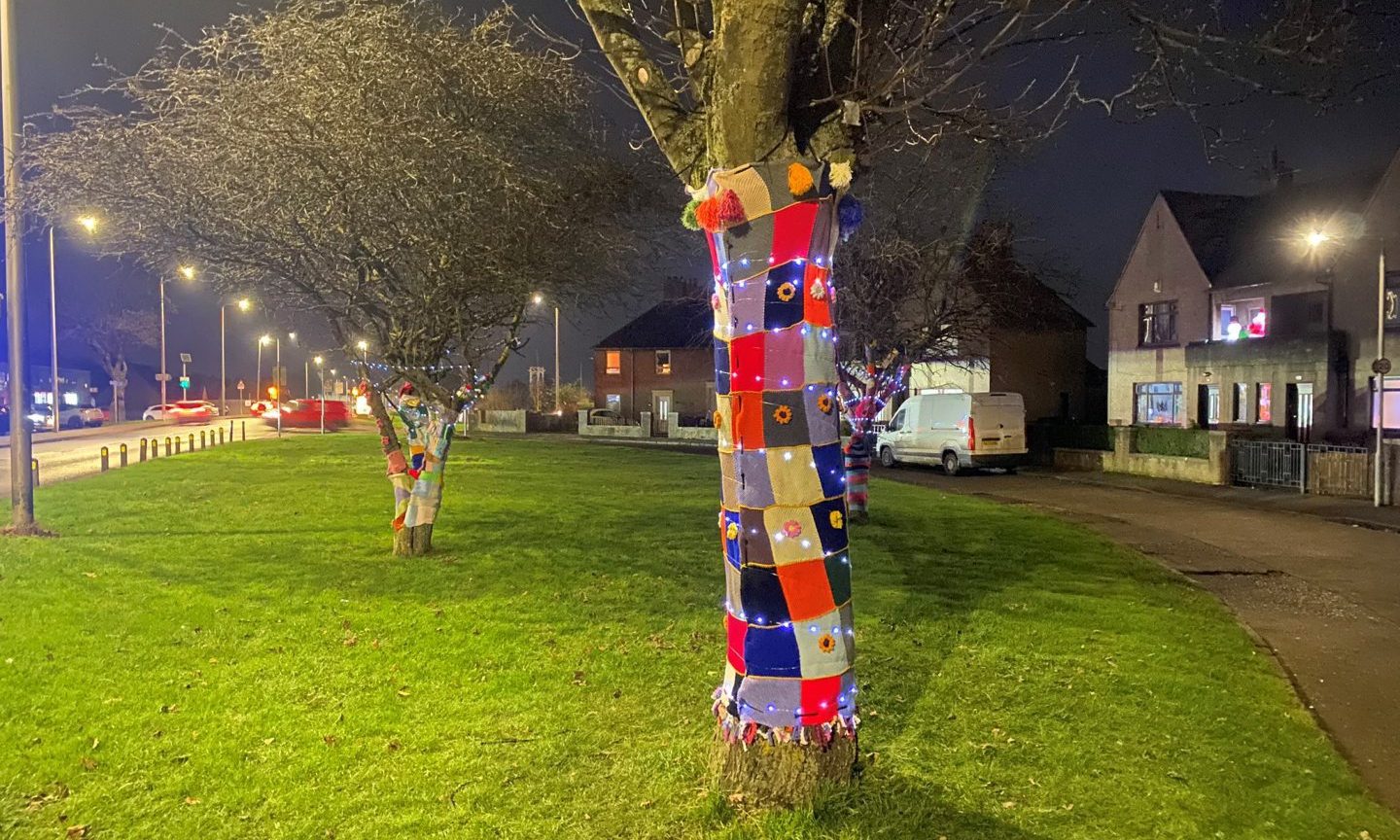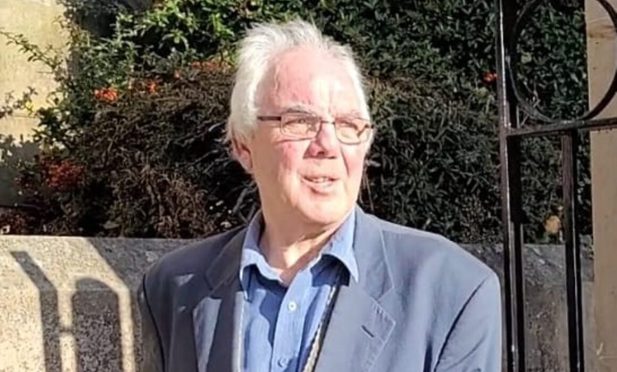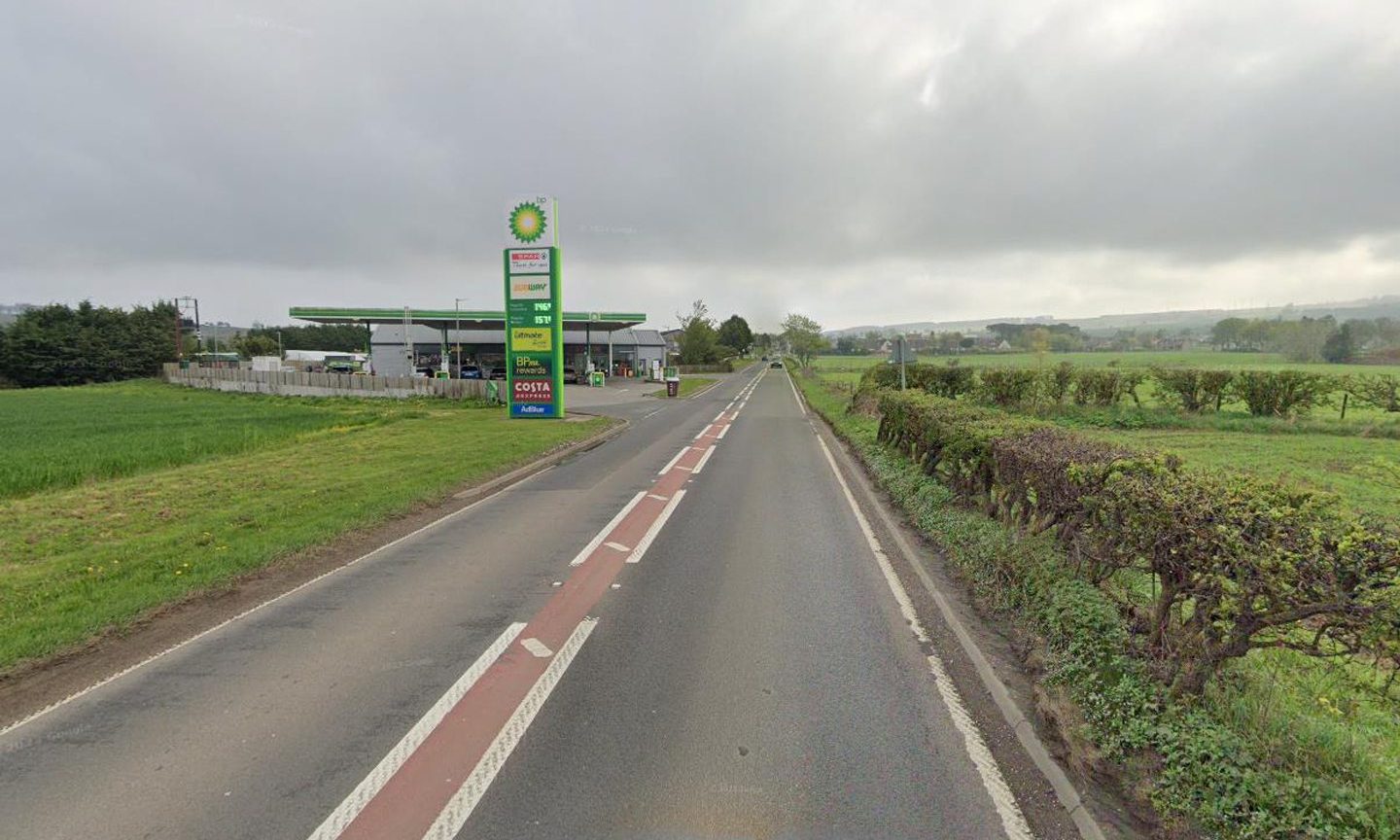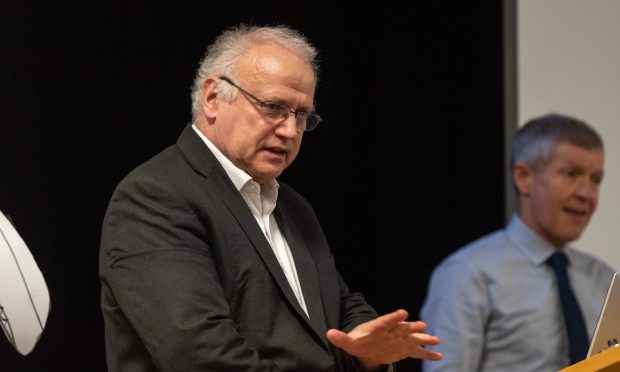The founder of the world’s first Caddie School for Soldiers has revealed that cancelling plans to bring six traumatised war veterans to Fife in February due to Covid-19 restrictions was “one of the saddest days” he can remember.
American author and screenplay writer Don Snyder, who launched the Caddie School at the Duke’s Course, near St Andrews, in February 2019, had hoped to fly his third tranche of soldiers from the USA and Canada for four weeks of training and recuperation in Scotland.
However, after weeks of correspondence with Holyrood Minister for Parliamentary Business and Veterans Graeme Dey and North East Fife MSP Willie Rennie, followed by tighter travel restrictions being imposed by government, he had little choice but to call the training school off.
Fought hard
Don, who travelled to Fife early in the new year to make preparations for the trip, said: “We all fought so hard for this session and I was promising each of the soldiers an experience that they would always look back on with pride and gratitude.
“Now I have to break that promise. The one fear I always have with each session, and it has been my most persistent fear since the beginning, is that I will somehow let down our soldiers. I am so sorry to let them down now.”
With many of the veterans suffering from Post Traumatic Stress Disorder and facing “darkness and desolation”, Mr Snyder had hoped that even with tougher restrictions, his soldiers might have still been allowed to train as a ‘school’ in isolation.
However, given the developing wider circumstances in recent weeks, he has now accepted that this is no longer possible.
Awareness of soldiers’ struggles
As previously featured in The Courier, Don, 70, was working as a caddie at Kingsbarns and St Andrews when he first began to learn about the difficulties so many soldiers were facing as they returned from war.
He had left his home in America for Scotland at the age of 60 to prepare to fulfil a promise he’d made to his son to caddie for him on his first professional tour.
The caddies he worked with were like a band of brothers for him, and he began to imagine that soldiers would feel at home in their company.
He felt that this could be a life changing and perhaps a lifesaving experience for soldiers who were struggling to find their way back from war.
During the summer of 2018 Don began taking steps to establish the world’s first residential caddie school for soldiers.
The first sessions were held at the Duke’s Course near St Andrews in February 2019 and February 2020 and he has ambitions to establish a permanent base for the charity in the St Andrews area.
He remains hopeful that if conditions improve, his soldiers can spend May training at Whistling Straits in the USA.
